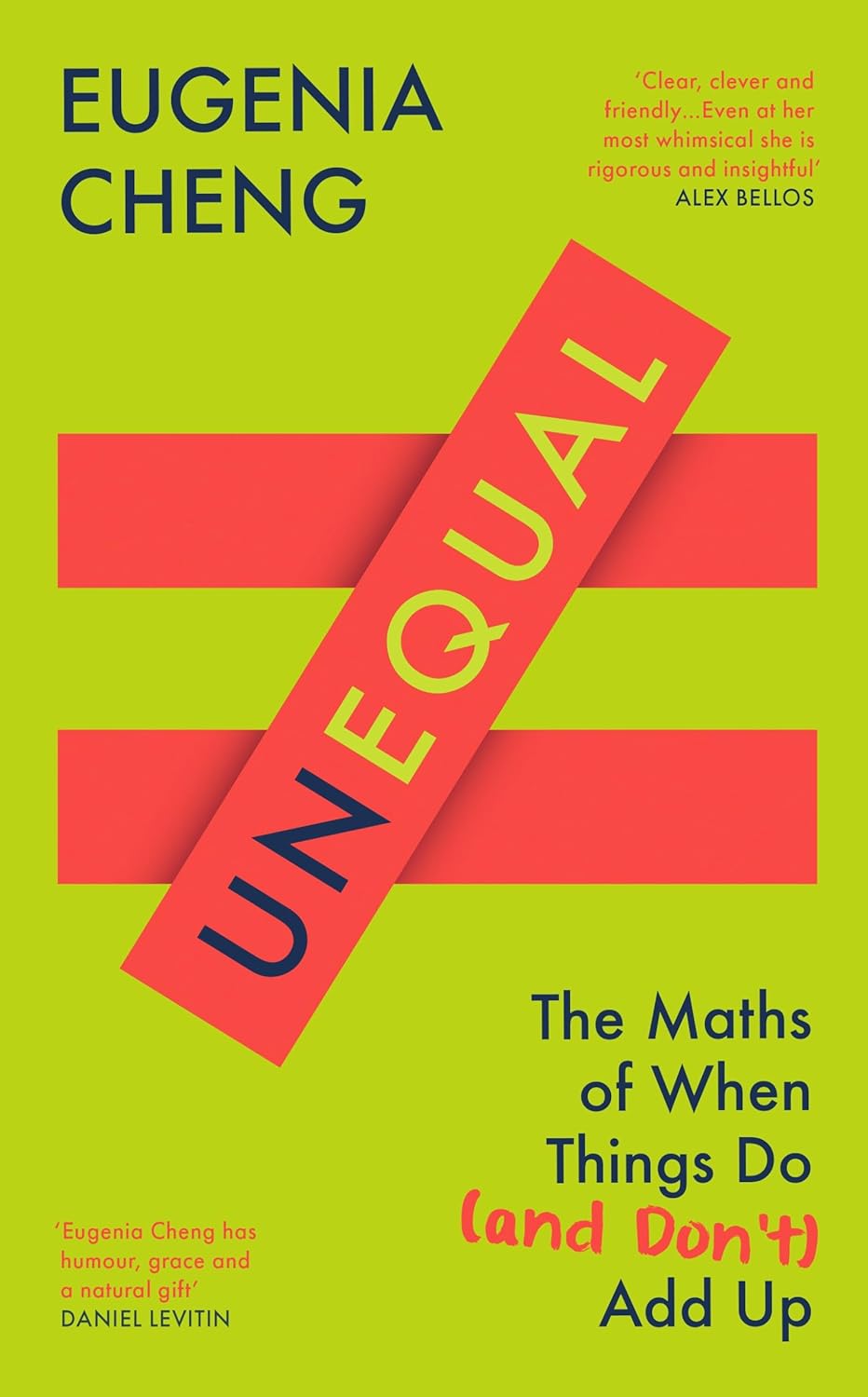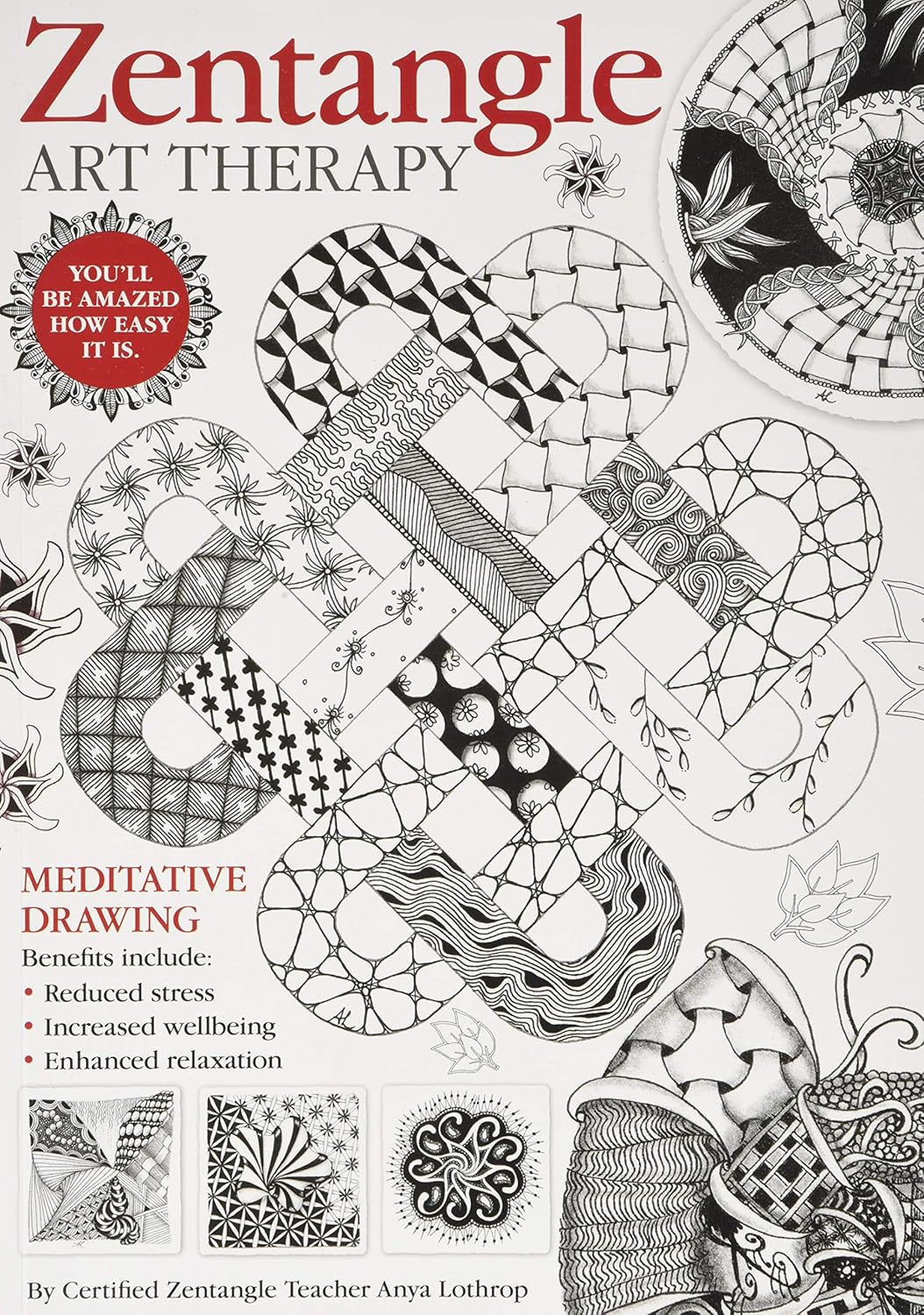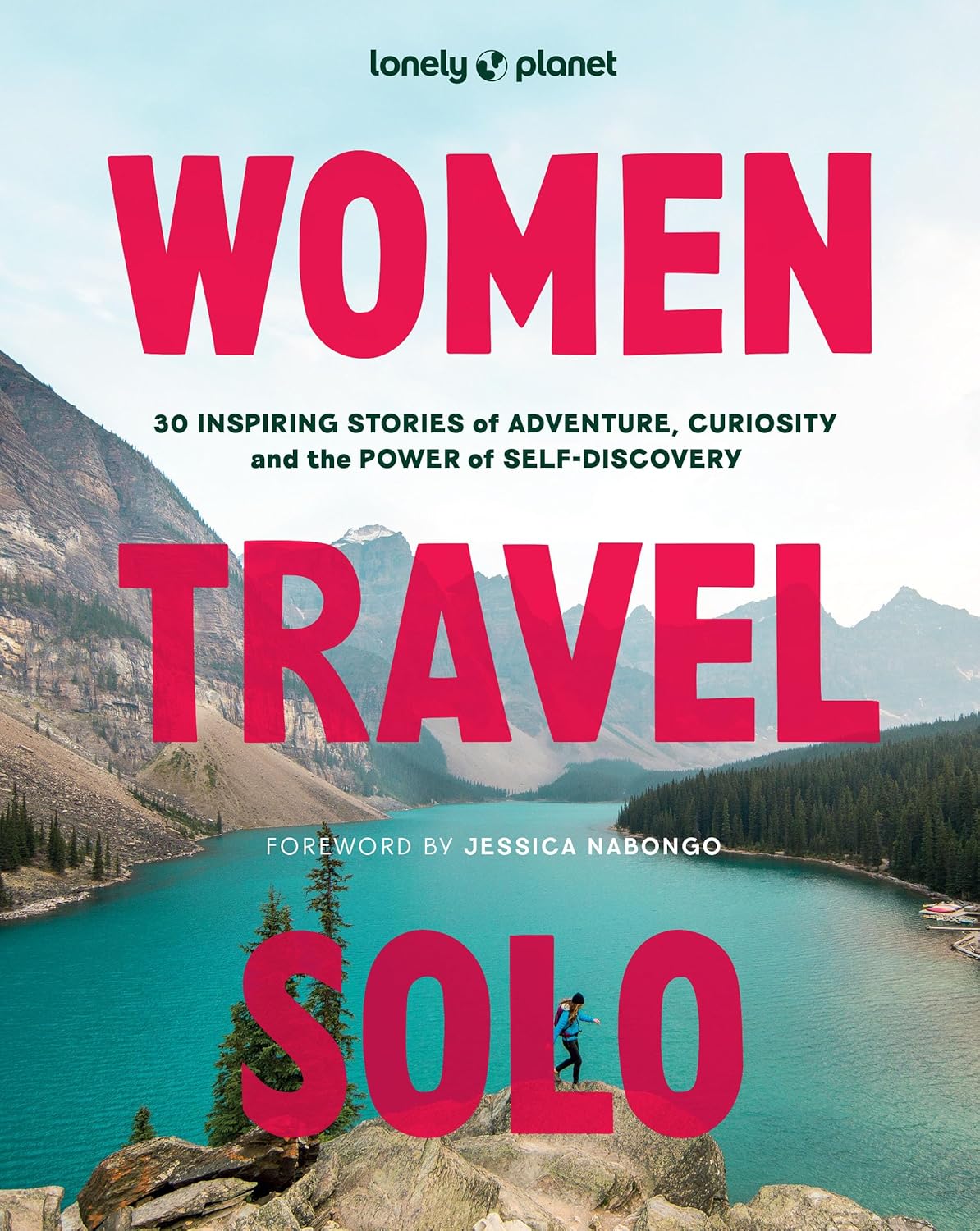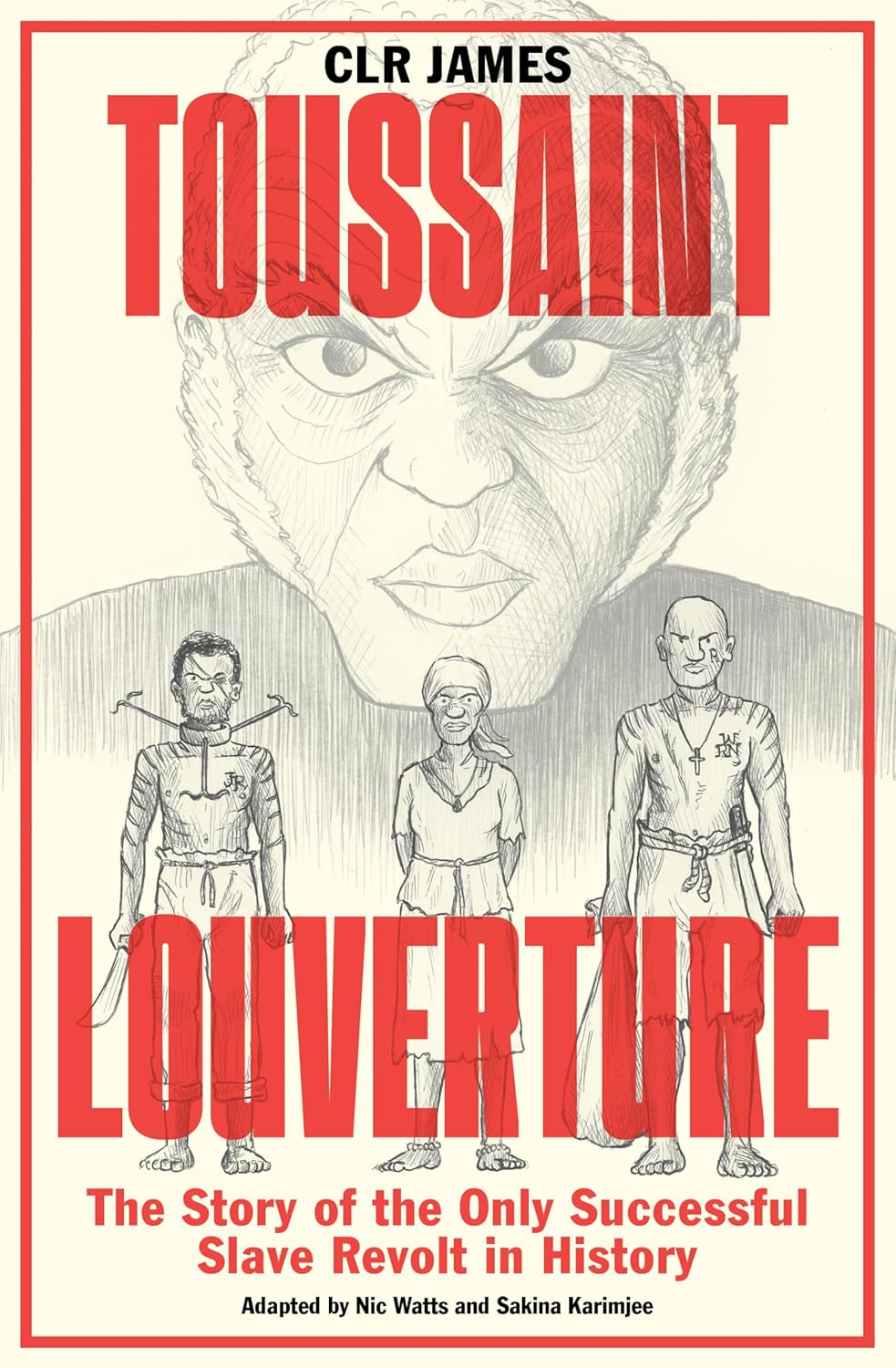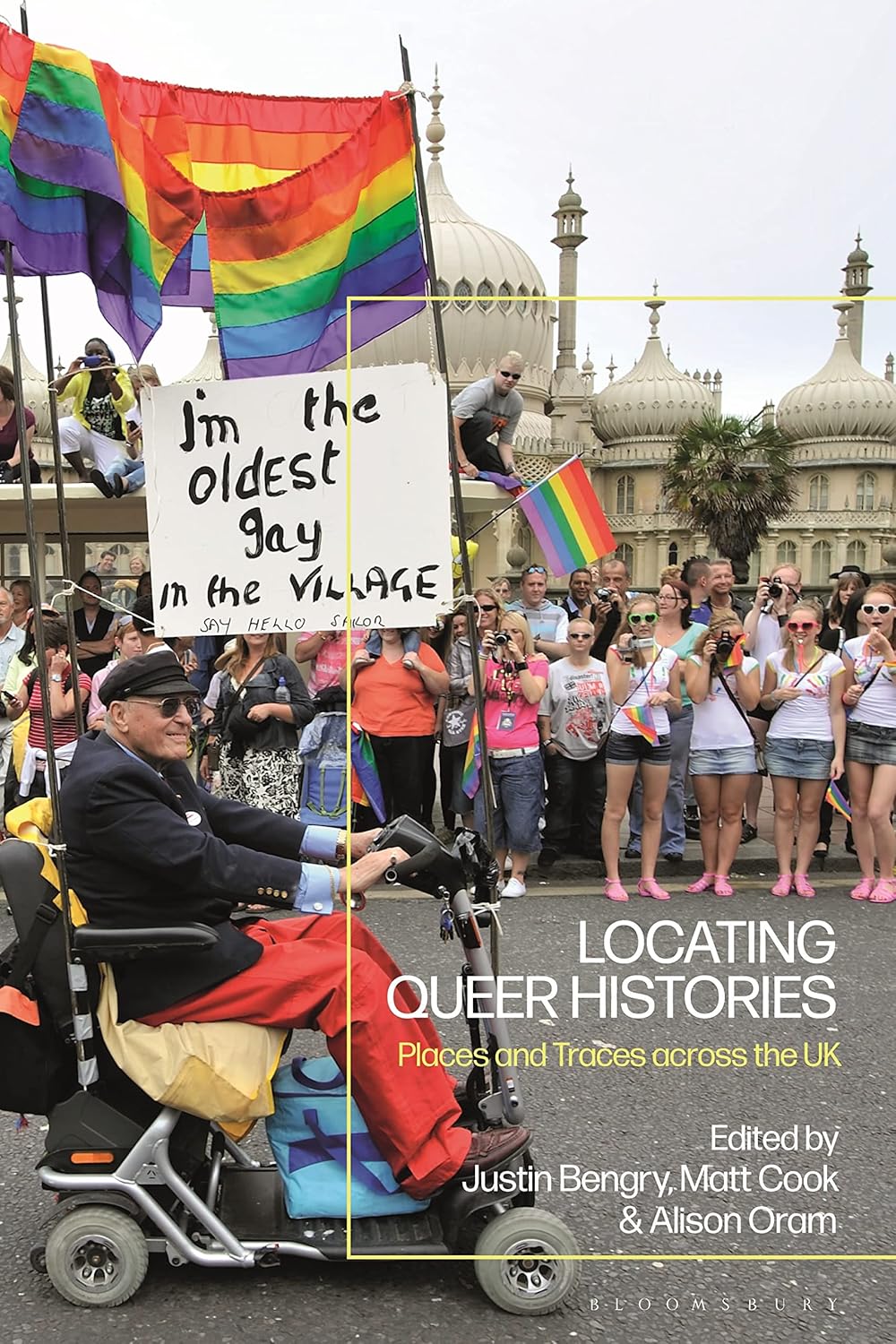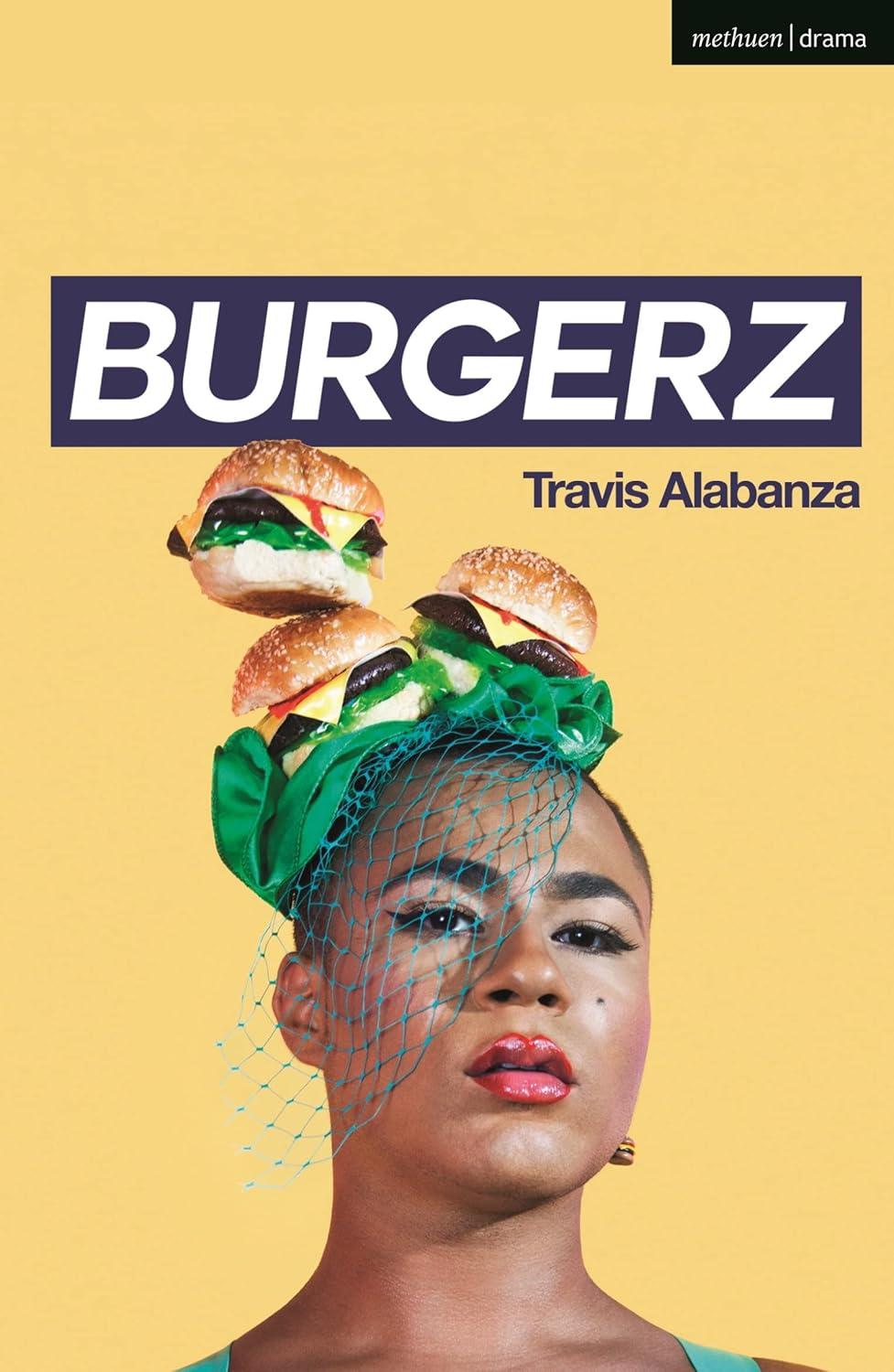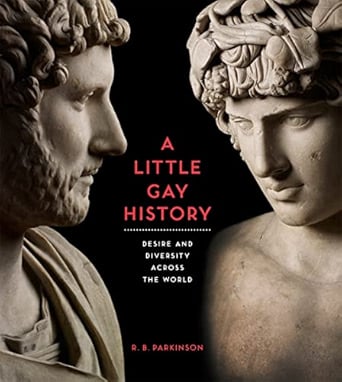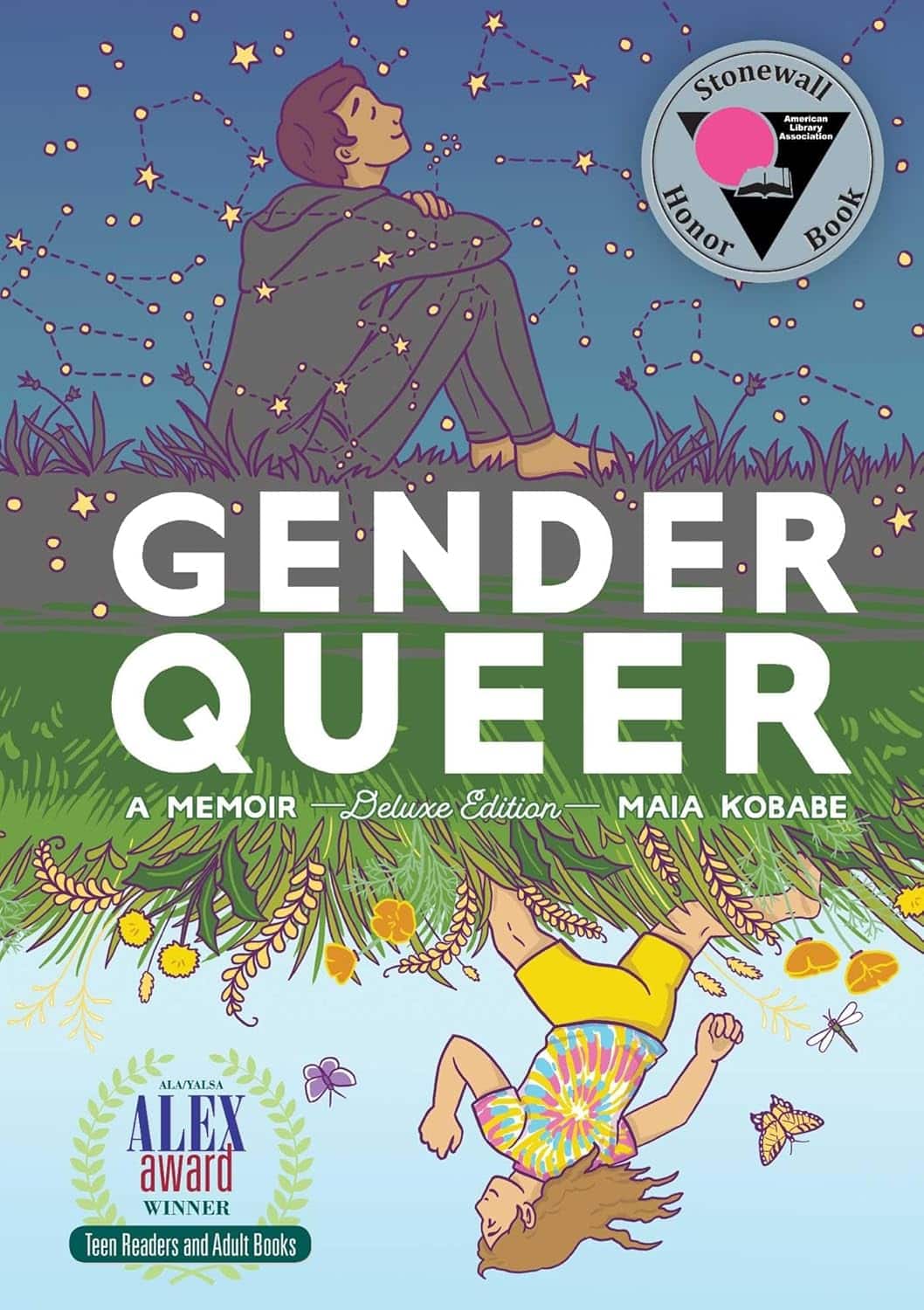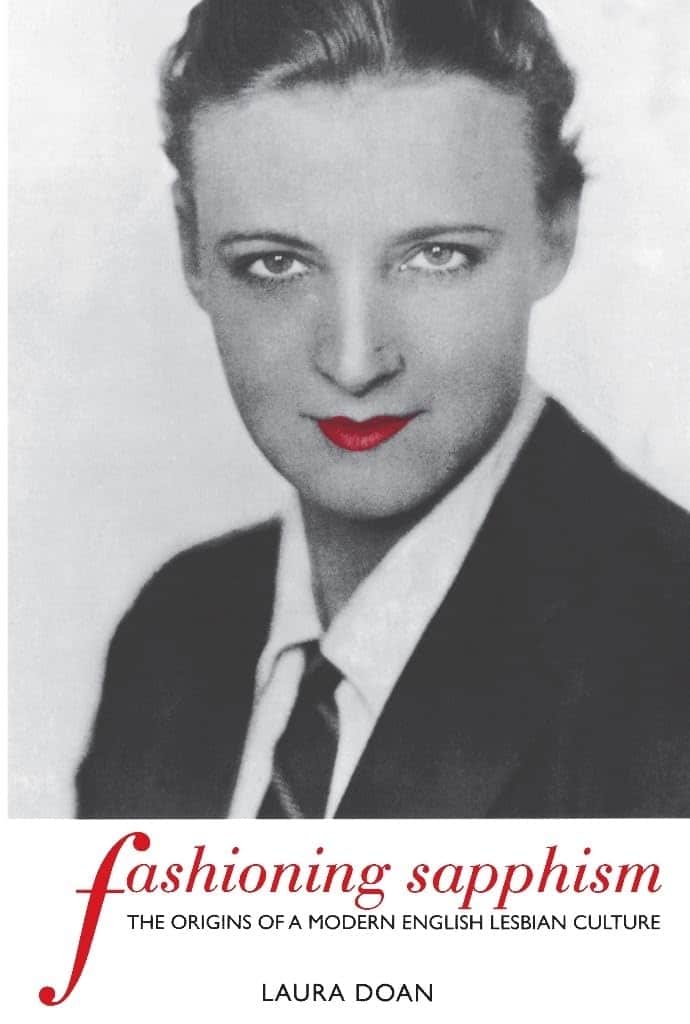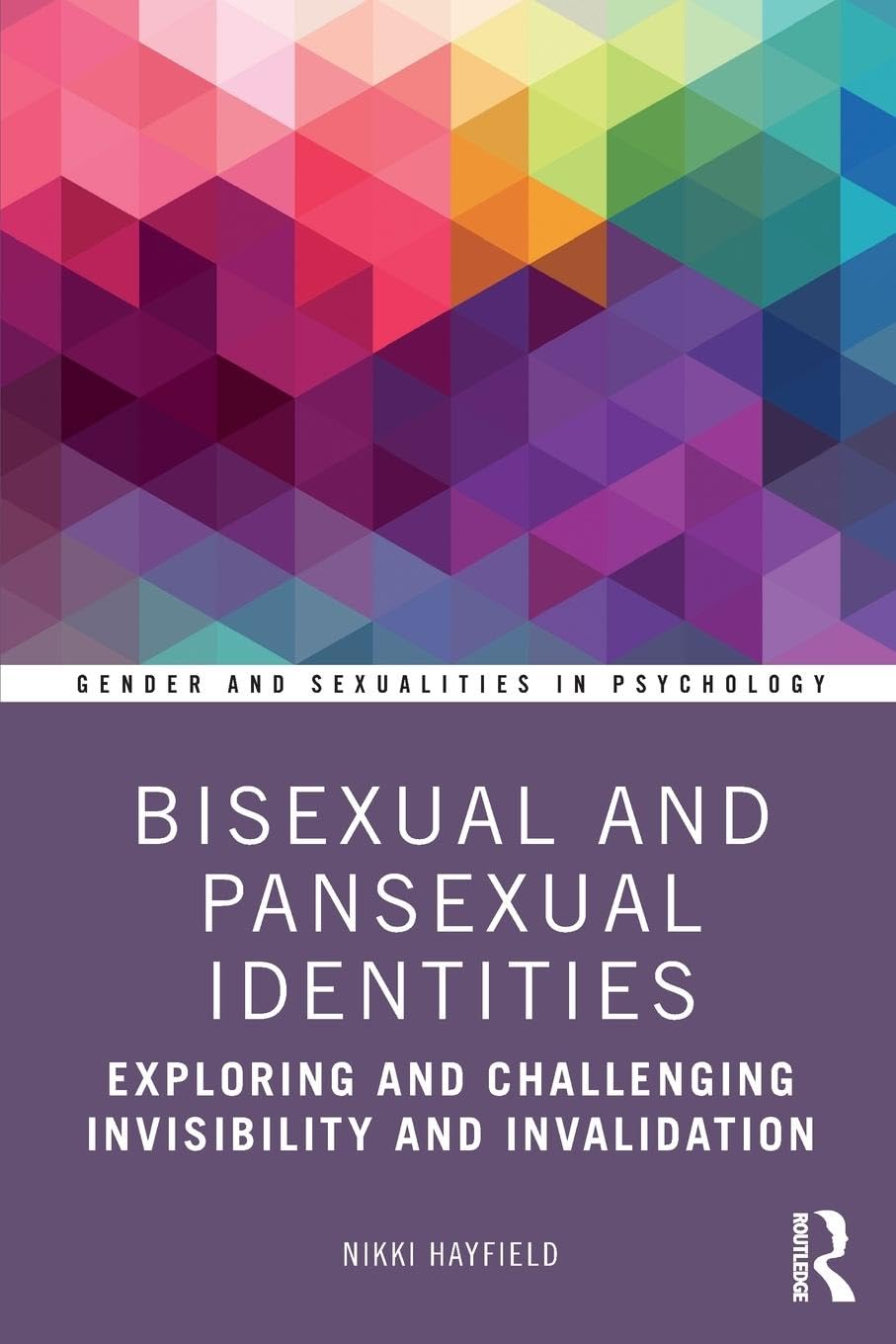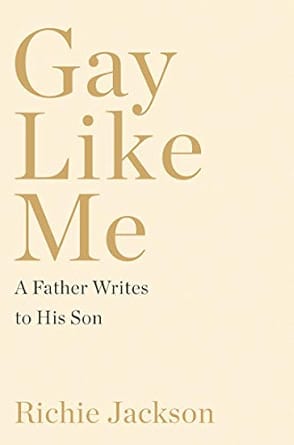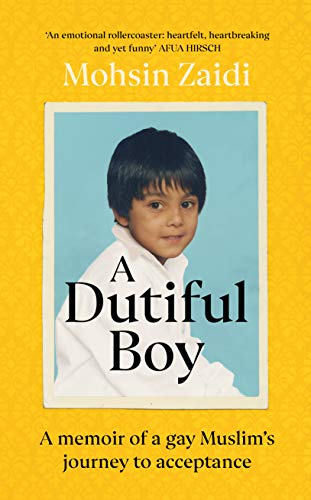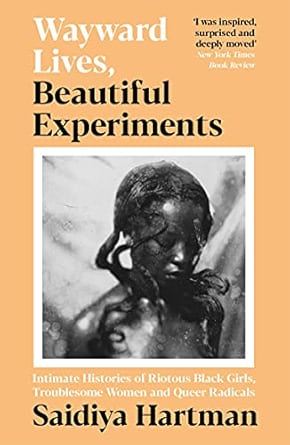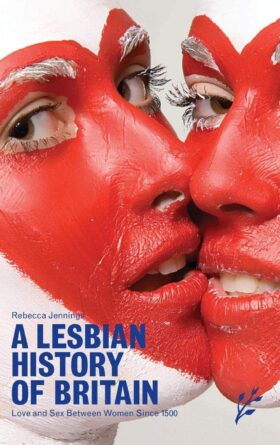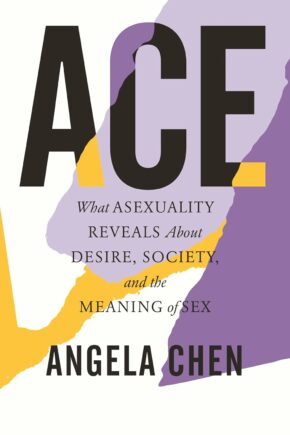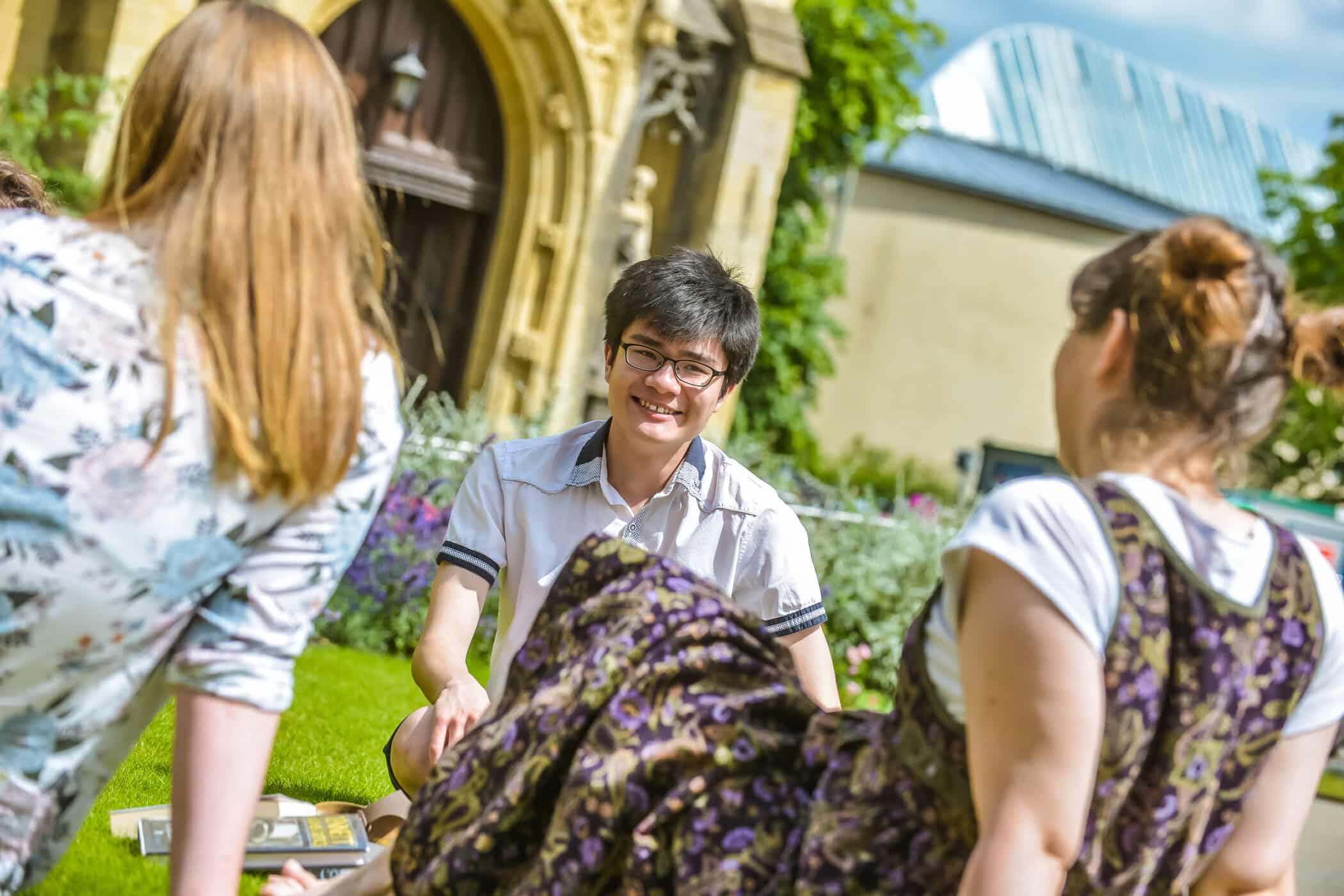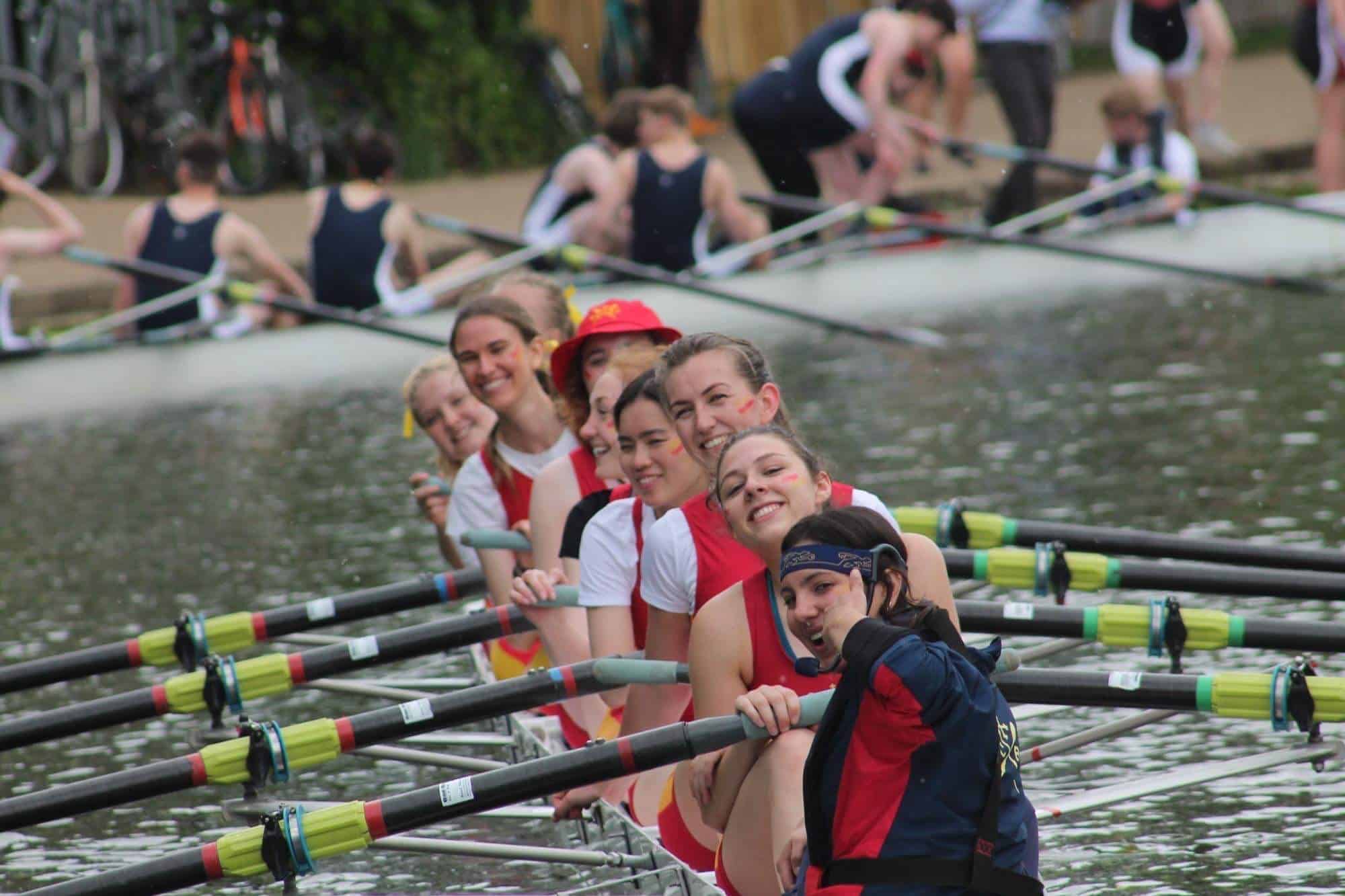At first glance, the concept of equality in maths seems unambiguous. When we see the equality sign, we think of ‘solving for x’ or balancing two sides of an equation or maybe even the many famous equations that make use of this elegant, innocuous symbol.
=
But between those parallel lines lies a mathematical playground of choice and abstraction, leading to far greater insight than you could have dreamed. As it turns out, sameness and difference, equality and inequality, are not nearly as straightforward as they seem.
=/=
“Unequal” explores the rich and rewarding interplay between sameness and difference, from numbers to manifolds to category theory and beyond in a glorious celebration of mathematics that will change the way you look at maths – and the world around you – forever.
